Best movies & TV Shows like Billy, How Did You Do It?
A unique, carefully handpicked, selection of the best movies like Billy, How Did You Do It? Starring Billy Wilder, Volker Schlöndorff, Hellmuth Karasek, and more. If you liked Billy, How Did You Do It? then you may also like: Young Törless, Ulzhan, The Ninth Day, Baal, The Candidate and many more popular movies featured on this list. You can further filter the list even more or get a random selection from the list of similar movies, to make your selection even easier.
Director Billy Wilder is interviewed by German critic Hellmut Karasek and director Volker Schlöndorff about his movies.
You may filter the list of movies on this page for a more refined, personalized selection of movies.
Still not sure what to watch click the recommend buttun below to get a movie recommendation selected from all the movies on this list
Ulzhan
Somewhere in the endless steppes of Central Asia lies a treasure. One man holds the key to it, a fragment of an ancient map. But in his restless quest, Charles isn't looking for fame or glory. He's looking for a way to heal his wounded soul. He's looking for love. Ulzhan felt it the first time she laid eyes on him.
The Candidate
Made with an eye to the autumn of 1980 when the German parliamentary elections took place, The Candidate examines Germany’s history past and present and Franz Josef Strauß, the man who, as the CDU/CSU candidate, aspires to be elected to the most important political office in the land.
Cave of Forgotten Dreams
Werner Herzog gains exclusive access to film inside the Chauvet caves of Southern France, capturing the oldest known pictorial creations of humankind in their astonishing natural setting.
The Lost Honor of Katharina Blum
After a chance encounter with a wanted man, a woman is harassed by the police and press until she takes violent action.
The Legend of Rita
Rita Vogt is a radical West German terrorist who abandons the revolution and settles in East Germany with a new identity provided by the East German secret service. She lives in constant fear of having her cover blown, which unavoidably happens after the German re-unification.
Ten Minutes Older: The Cello
Collection of short films the summaries of which include; a foreign man moving to Italy, getting married and having a child; a four split scene short involving plot-less images of old people with television sets for heads, a beautiful woman having sex, and overall confusion; and an old man reminiscing over his youth.
Circle of Deceit
Georg Laschen leaves his family in West Germany to go work as a war correspondent in Beirut during the fights between Christians and Palestinians.
A Free Woman
A divorced woman in her thirties fights a losing battle in Munich to attain belated self-fulfillment. The die is cast in a briskly impersonal society geared to male dominance and early training for career women.
Mathias Kneißl
Inspired by the real life events of Mathias Kneißl, a marginal man, son of poor farmers from Bavaria, in the late XIX Century. Mathias stole from the riches to give to the poor, becoming a hero for the rural people, and a popular social rebel. He was chased by the police until his unfortunate sentence.
A Life for Movies - Lotte Eisner
Born in Berlin in 1896, Lotte Eisner became famous for her passionate involvement in the world of both German and French cinema. In 1936, together with Henri Langlois, she founded the Cinémathèque Française with the goal of saving from destruction films, costumes, sets, posters, and other treasures of the 7th Art. A Jew exiled in Paris, she became a pillar of the capital's cultural scene, where she promoted German cinema.
A Degree of Murder
When a young woman accidentally kills her ex-lover during a fight, she decides to conceal the body. Unfortunately, however, our anti-hero is less than honorable and becomes involved with not one but both of the men she finds to help her with his disposal at a construction site. And that's just one of the problems this little case of murder and deception starts.
Peter Eisenman: Building Germany's Holocaust Memorial
This documentary explores the creation of the Holocaust Memorial in Berlin as designed by architect Peter Eisenman. Reaction of the German public to the completed memorial is also shown.
Billy Wilder Speaks
In 1988, German filmmaker Volker Schlöndorff sat down with legendary director Billy Wilder (1906-2002) at his office in Beverly Hills, California, and turned on his camera for a series of filmed interviews. (A recut of the 1992 TV miniseries Billy, How Did You Do It?)
Ein Produzent hat Seele oder er hat keine
Horst Wendlandt tells the story of his cinematic work since the sixties. The dialogue between the "old and the young filmmaker" creates a fascinating spectrum of German film of the recent past.
Hollywood's Second World War
For the USA, World War 2 was an all-out war - to mobilize the masses, the US government launched a huge propaganda campaign and cinema, the medium of the masses, was quite simply their most important weapon. Government authorities monitored the production of feature films and the military itself produced documentaries aimed at rallying the American people to support the troops. This film tells the story of four Hollywood directors of European origin, who returned to the "Old World" during the Second World War to make propaganda documentaries for the US Army at the front: William Wyler from Alsace, Frank Capra from Italy, Anatole Litvak from Ukraine and - in post-war Germany - Billy Wilder from Austria.
Tangerine Dream: Sound from Another World
Documentary of German electronic musical group Tangerine Dream.
Never Be Boring: Billy Wilder
A funny walk through the life story of Billy Wilder (1906-2002), a cinematic genius; a portrait of a filmmaker who never was a boring man, a superb mind who had ten commandments, of which the first nine were: “Thou shalt not bore.”
Arthur Miller: A Man of His Century
An unparalleled portrait of Arthur Miller (1915-2005), a major writer who left an indelible mark on the world. Miller's life is intimately connected with the great themes that marked the 20th century. Glamour, fame, social criticism and Marilyn Monroe.
Calm at Sea
October 1941. Eighteen months into France’s occupation by German troops, young Communist members of the Resistance shoot dead an officer of the German Army. In retaliation, Hitler demands the deaths of 150 Frenchmen, as 'retribution'. The targets are to be mostly young men believed to share the assassins’ political convictions. Most of these men are taken from an internment camp for opponents of the occupation; a 35-year-old French rural administrator is ordered to select the victims. Although the parish priest appeals to their conscience and moral sensibilities, both the German military and their French helpers slavishly follow their orders.
Michael Kohlhaas - The Rebel
It's medieval times. Kohlhaas merchants with horses. When going to the local fair to sell his horses, is forced by a noble to leave him part of the merchandise as payment for traveling through his land, promising to give it back when the fair is over. When he returns, the horses are almost dead, and the man refuse to respond, so Kohlhass begins to fight unsuccesfuly against the injustice.
The Sudden Wealth of the Poor People of Kombach
An intriguing Hans Christian Anderson-style fairy tale aesthetic and voice over narration. Sudden Wealth is a despairing chronicle of a group of starving peasants who finally seize governmental wealth like a dysfunctional group of Robin Hood's Merry Men, only to be betrayed by their inescapable selves and systematically dehumanized (think bucolic Orwell) and reprogrammed by what we'll put under the rubric of God and Country.
Krieg und Frieden
The third episodical film, after Deutschland im Herbst and Der Kandidat, in which notable German film makers reflect on the state of their country.
At the Movies
At the Movies is a movie review television program produced by Disney-ABC Domestic Television in which two film critics shared their opinions of newly released films. The program aired under various names. Its original hosts were Roger Ebert of the Chicago Sun-Times and WLS-TV and Gene Siskel of the Chicago Tribune and WBBM-TV. Richard Roeper of the Sun-Times became Ebert's regular partner in 2000 after Siskel died in 1999.
Unique Eats
Unique Eats is a TV series on Cooking Channel about various restaurants across the United States and their signature dishes. The show features talking head interviews with various chefs and food critics who give their judgement about the foods. Each episode focuses on one theme, such as "comfort foods" or "desserts".
Land of Lola: Backstage at 'Kinky Boots' with Billy Porter
"Kinky Boots" star Billy Porter (Lola) creates video vlogs for Broadway.com.
Critic at Large
Author and critic John Mason Brown, who once commented that "some television programs are so much chewing gum for the eyes," offered this intellectual alternative in 1948-1949. It consisted of an informal living-room discussion on the arts with two or three guests, of the caliber of author James Michener, producer Billy Rose, publishrer Bennet Cerf, and critic Bosley Crowther. The subjects ranged from modern art to new novels, films, the theater and fashions.






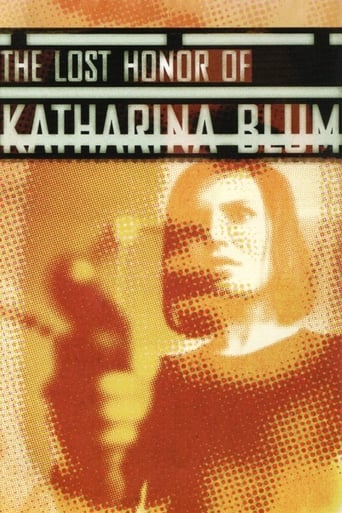













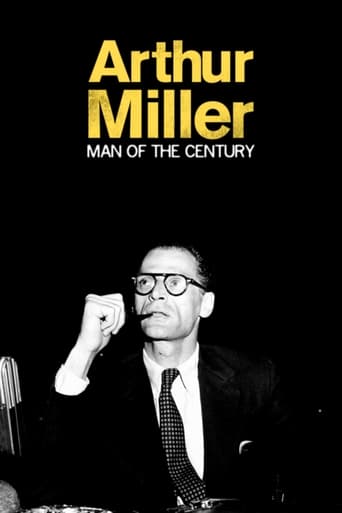














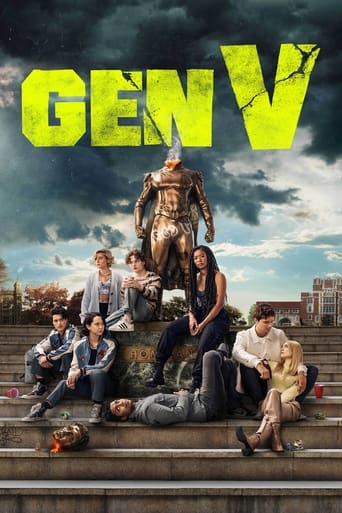
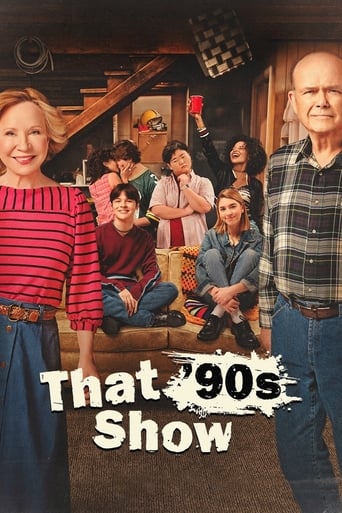
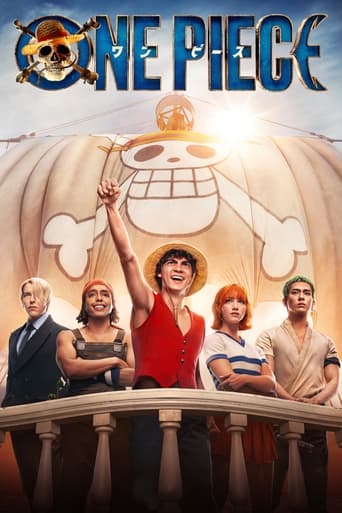
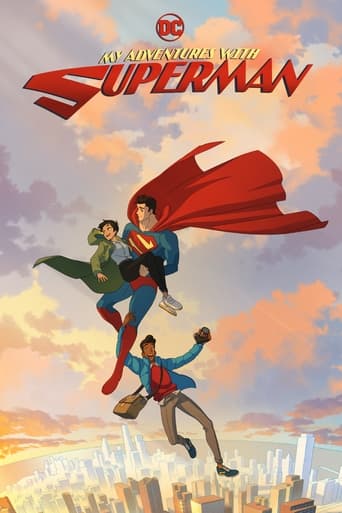
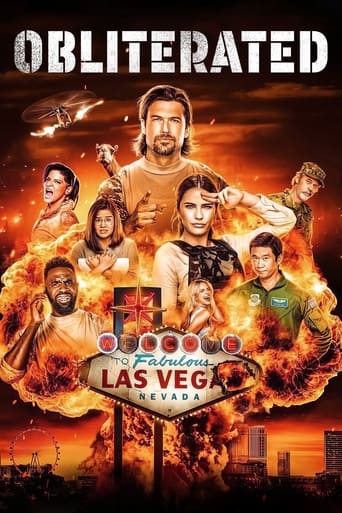


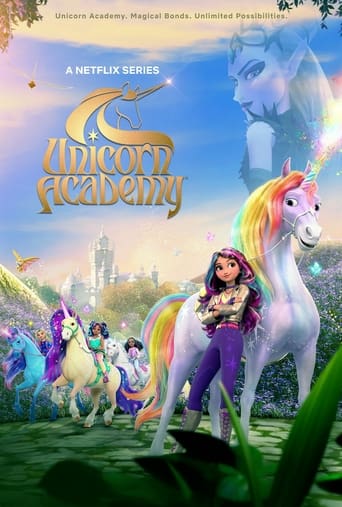



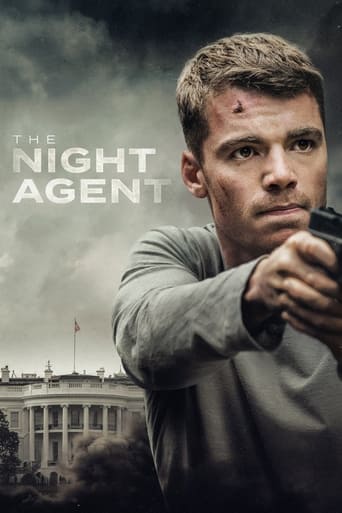
Young Törless
At an Austrian boys' boarding school in the early 1900s, shy, intelligent Törless observes the sadistic behavior of his fellow students, doing nothing to help a victimized classmate—until the torture goes too far. Adapted from Robert Musil's acclaimed novel, Young Törless launched the New German Cinema movement and garnered the 1966 Cannes Film Festival International Critics' Prize for first-time director Volker Schlöndorff.